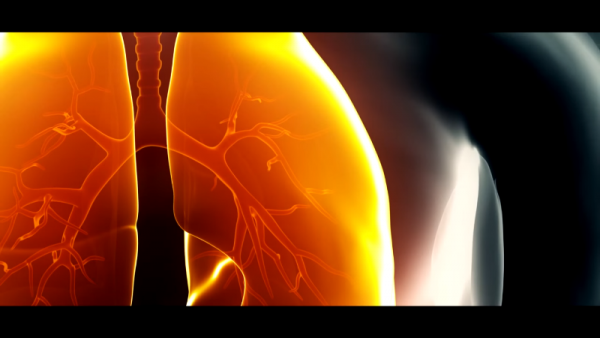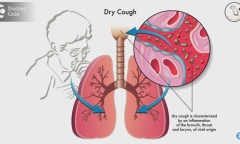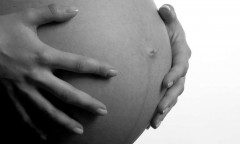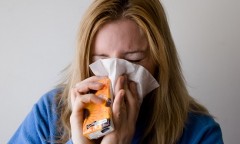By KM Diaz, | March 28, 2017

People who have excessive exposure to the hygienic environment likely to develop asthma since the immune system is not properly responding, and causes to overreact to harmful allergens of the environment like mites and pollens.
Asthma is rapidly increasing primarily in developed countries. Epidemiological studies have shown that exposure to the non-hygienic environment and bacterial DNA plays an important and protective role in combating the development of allergies in asthma.
People who have excessive exposure to the hygienic environment likely to develop asthma since the immune system is not properly responding, and causes to overreact to harmful allergens of the environment like mites and pollens.
Like Us on Facebook
The researchers from the University of Liège explains that exposure to bacterial DNA increases the occurrence of pulmonary macrophages that makes them immunosuppressive to prevent and treat asthma in mice, and leads the researchers to develop cell therapy to manage the administration of macrophages among asthmatic patients. The study published in Immunity.
According to Professor Fabrice Bureau and Thomas Marichal, both researchers at the GIGA-University of Liège, a non-hygienic environment and rich in bacterial DNA could defend the immune system against asthma. Before, there are synthetic compounds that simulate bacterial DNA experimented to humans to interpret the therapeutic result in the treatment of asthma.
Still, these compounds were not allowed in the market because of toxicity and lack of basic knowledge about the mechanisms of action. Now that the mechanisms of action have classified, the study allows a cell therapy procedure.
The researchers used mice to examine how exposure to microbial compound changes the immune environment of the lungs. The result revealed that bacterial DNA efficiently expands the population of interstitial macrophages rather than separate compounds. The corresponding macrophages confined from a mouse and re-injected into the lungs of different recipient mouse, in which, the individual was not capable of exhibiting asthma against house dust mite extracts.
Researchers now see the potential of developing macrophages with the similar characteristics in vitro from monocytes - a white blood cell found in human blood.
-
Use of Coronavirus Pandemic Drones Raises Privacy Concerns: Drones Spread Fear, Local Officials Say

-
Coronavirus Hampers The Delivery Of Lockheed Martin F-35 Stealth Fighters For 2020

-
Instagram Speeds Up Plans to Add Account Memorialization Feature Due to COVID-19 Deaths

-
NASA: Perseverance Plans to Bring 'Mars Rock' to Earth in 2031

-
600 Dead And 3,000 In The Hospital as Iranians Believed Drinking High-Concentrations of Alcohol Can Cure The Coronavirus

-
600 Dead And 3,000 In The Hospital as Iranians Believed Drinking High-Concentrations of Alcohol Can Cure The Coronavirus

-
COVID-19: Doctors, Nurses Use Virtual Reality to Learn New Skills in Treating Coronavirus Patients












